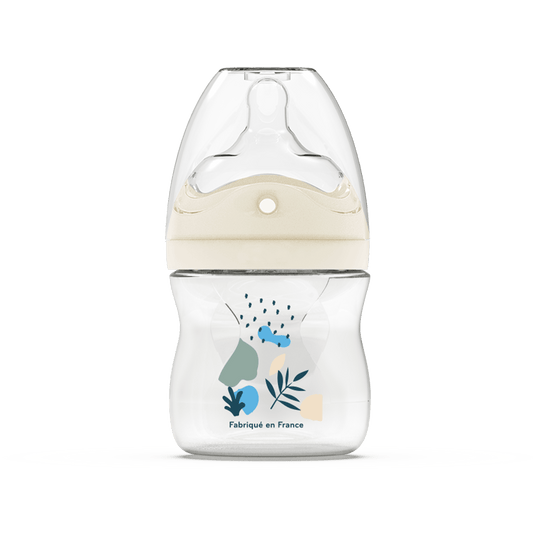Because nursing your baby for 9 months isn't always a pleasure, here are some practical tips from LINFO.RE to help you overcome the nausea of the first few months.
Although nausea can be difficult to cope with during pregnancy, it is completely normal and can be managed.
Being pregnant is a dream for many of us. Once the dream comes true, discomforts can disrupt the pregnancy. Nausea is among the first to appear. Reducing nausea is achieved through a healthy diet.
Not all women react to nausea the same way: while some have it in the morning, others will feel sick during the day. While nausea generally appears around the 5th week, some see it disappear by the 15th week, while others will have it throughout their pregnancy (although it generally stops after the third month).
Morning sickness affects between 50 and 80% of pregnant women. It is partly caused by odors. Indeed, a pregnant woman's olfactory system undergoes changes during the first weeks of pregnancy and becomes much more sensitive. Thus, certain odors, which were generally pleasant or without any particular consequences, become terribly bothersome and trigger this famous nausea. Your favorite yogurt, your usual perfume, the smell of gasoline or fresh paint become real nightmares.
Furthermore, morning sickness is also caused by a drop in blood sugar levels. This level is maintained during the day by meals and snacks. At night, during sleep, this level gradually drops because the body is not nourished.
Several factors can explain this phenomenon: the rise of the pregnancy hormone (HCG), stress related to this period, or anxiety at the prospect of childbirth. But the main factor is the change in the senses, such as taste and especially the hypersensitivity of smell. The slightest unpleasant odor is perceived as bothersome and can trigger nausea. Specialists have also noted that nausea is more common in women under 35, those who are overweight, and during a first pregnancy.
To minimize nausea and ensure a smooth pregnancy, you need to review your diet. Breakfast is very important because it provides a third of your daily needs. Avoid mixing coffee or tea with milk. Difficult to digest, this mixture further slows down the digestive system and increases the risk of nausea.
Opt for plain tea, hot chocolate, or a glass of milk. Don't hesitate to consume dairy products: cheese, yogurt, etc. Accompany your morning drink with a few slices of bread spread with jam, butter, or honey. Cereal isn't forbidden either, but opt for the "dairy-free" version.
As for lunch and dinner, eat lightly to facilitate the body's assimilation of food. You can plan two snacks during the day, provided they are also light. To do this, favor fruits and dairy products. Furthermore, hydration should become an ingrained habit. However, avoid drinking too much at mealtimes to avoid further overloading your stomach. Don't hesitate to vary your drinks throughout the day: water, fruit or vegetable juice, broth, etc.
To stay healthy and limit nausea during pregnancy, it's best to reduce your fat intake. Choose steamed, grilled, or boiled foods. A drizzle of vegetable oil is enough to add flavor to your dishes. And above all, avoid heavy, large meals for a good while.
Photo from linfo.re












